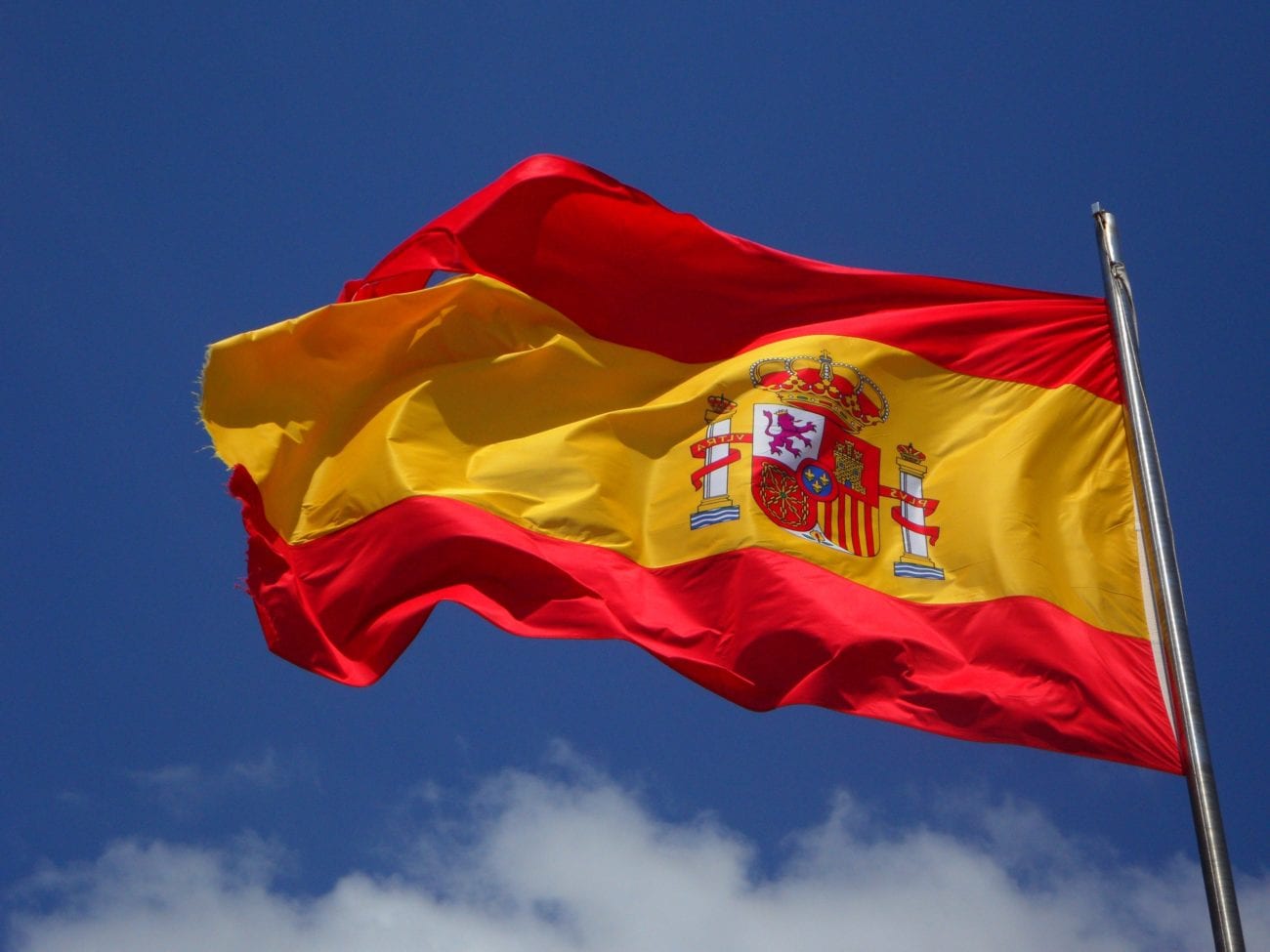Spanish GGR down 50% year-on-year

The results show that gross revenue across all products and channels stood at €4.35bn for the ten month period, down 50% 2019 figures.
Of the 2020 revenue, €2.45bn came from private gaming companies, while €1.9bn came from the state-owned Organización Nacional de Ciegos Españoles (ONCE) and Sociedad Estatal Loterías y Apuestas del Estado (SELAE).
In 2019, gaming represented 0.8% of Spain’s GDP, as revenue for SELAE and ONCE stood at €4.59bn, up 6.2% on 2018, and privately owned gaming companies brought in €4.86bn, down 0.1% on the year before.
The report notes that at the end of 2019, gaming still had not recovered from the fall suffered during Spain’s previous economic crisis. Total revenue for the year was €10.23bn, 6% lower than in the years prior to the economic crisis.
The majority of 2019 private gaming revenue came from machines in the hospitality industry and bingo halls, while 7.7% – around €776m – came from online gambling.
In 2019, the sector employed 84,797 people. This comprised 47,047 employees of private businesses; 18,463 at SELAE, and 19,287 at ONCE. In addition, some 50,000 indirect jobs were generated by arcade machines in the hospitality sector.
Alejandro Landaluce, CEO of Cejuegos, said: “Despite the fact the drop in income from gaming companies is higher than that recorded in other sectors such as fashion, automobiles or in-store sales in department stores, we have managed to reduce ERTES [redundancies] to 15% of the workforce, so that 85% of the employees in the sector are working at the moment”.
Results posted in October showed that Spain’s online gambling market grew 17.7% year-on-year in the second quarter of 2020, as the growth of online casino and poker offset declines for sports betting caused by sport shutdowns across the globe.
